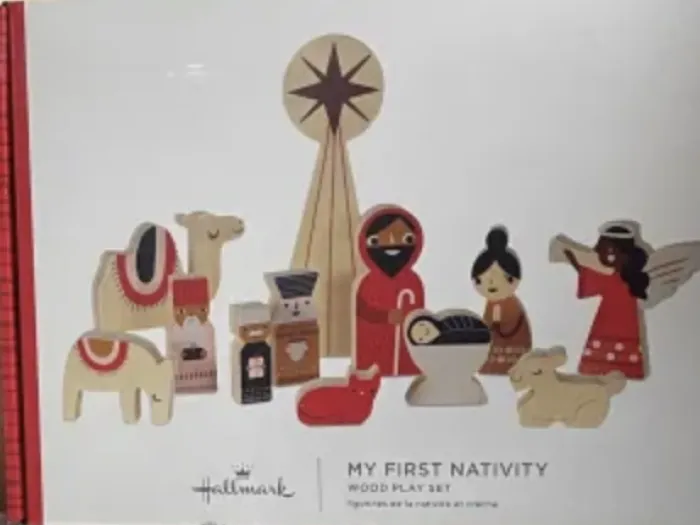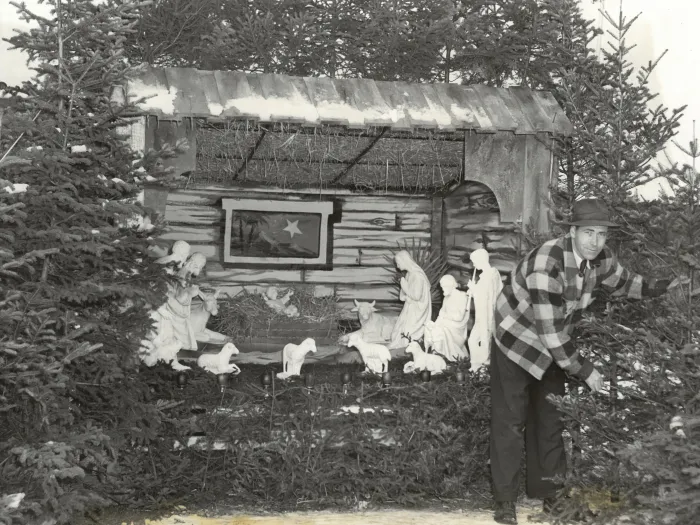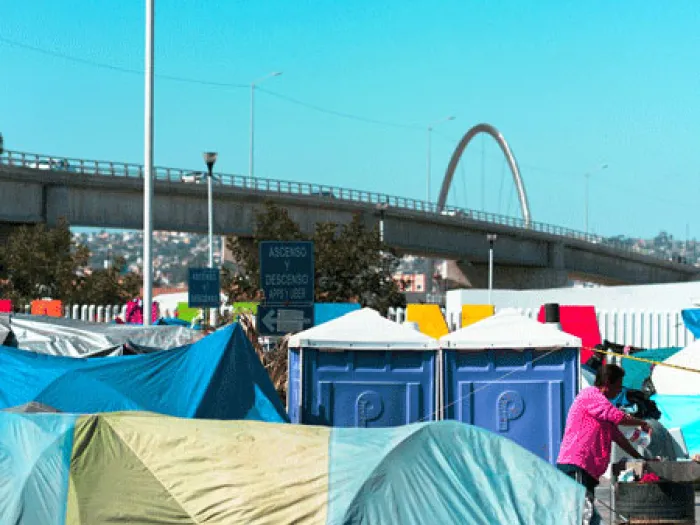E.J. Dionne Jr. shares his take on the meaning of Christmas at New York Avenue Presbyterian Church
Dionne completes a 90-minute talk stressing how people of faith and secularists can work together to preserve democratic institutions


LOUISVILLE — Speaking on Monday as part of the McClendon Scholar Program at New York Avenue Presbyterian Church in Washington, D.C., author, professor and newspaper columnist E.J. Dionne Jr. wrapped up a 90-minute online and in-person appearance with his take on the meaning of Christmas.
Dionne spoke at the historic church in December 2016 following Donald Trump’s first election as president and in December 2020, a month after the election of Joe Biden. Watch Dionne’s 2024 talk, “The Election: What Does It Mean? What Should We Do?” by going here.
“We forget how knowledge, inspiration and achievement almost always require sharing and borrowing across our divides, and I think Christmas is a good time to remember that,” said Dionne, a Roman Catholic. “Yet even this sweet holiday of joy and light has often become an occasion for bashing each other.”
Dionne called the scramble for cable news ratings “the new Scrooge. I’d like Christmas to be a reminder of how much religious and secular people have to teach each other and how developments across our intellectual and spiritual barricades have helped humanity move forward.”
Christianity’s orthodox account holds that God sent God’s only son to redeem humanity, Dionne noted. “God became a man and walked among us. He shared our joys and our sorrows, and he was killed for his efforts,” Dionne said. While believers should not be offended if non-believers “are skeptical of all or parts of that story,” non-believers in turn “might ponder how these Christmas affirmations overturned popular understandings of hierarchy.”
“Think of it as the democratization of God,” Dionne suggested. “The Almighty is suddenly not up there judging and ruling and doing the other things gods do, but instead is down here experiencing what it’s like to be part of [God’s] Creation. I’ve always thought of this as a powerful rebuke to earthly rulers who hold themselves far above the people, have no interest in their daily struggles and claim special privileges as a right.”
“If God can walk with farmworkers and carpenters and fishermen,” Dionne said, “how can merely human potentates lord it over everybody else?”
This “revolutionary idea” emerged “within the traditions of prophetic Judaism,” Dionne said, and Jesus’ language “often paralleled the words of the prophets, particularly about justice for the left out.” During Mass, a traditional Advent text is Isaiah 61:1, a verse also quoted by Jesus.
“Secularists would see this as an eloquent expression of a universal yearning for deliverance, with little bearing on the validity of religious faith,” Dionne said. But “what the secularists should also notice is that religion is often animated precisely by the cries of the oppressed, like this one from Isaiah.”
However, “the case for Christianity’s democratizing power needs to be tempered by an acknowledgment that the faith was also used to bolster hierarchical structures. Remember the divine right of kings?” Dionne said. That ancient asserted right “runs right through Scripture.” Matthew’s gospel stresses Jesus’ noble lineage in the presence of what Dionne called “the aristocratic wise men” present following Jesus’ birth. Luke’s gospel “is the story of a savior born in a manger. He is visited not by well-born folks, but by shepherds.”
“So yes, you might say there was a struggle over equality right from the start,” Dionne said, “and we wrestle with it still.”
Here’s what we can be grateful for this Advent season, he said: the dialogue “between secular advocates of freedom and religious thinkers who understood that the arc of their tradition is bending toward the equal dignity of every person.”
It’s secular liberals “who push religious people to recognize the value of free institutions to faith itself, even as religious people remind non-believers of the democratic thrust of their own tradition,” Dionne said. His friend the historian David Hollenbach calls it “intellectual solidarity.”
“I love that term. We talk about tolerance, but [intellectual solidarity] is way better than tolerance,” he said. “Intellectual solidarity talks about a real active dialogue among people who are different, among people who disagree.” Dionne cited another quote he likes: “We give and receive help on the road to truth.”
“It also implies a certain humility, that we have a lot to learn from each other,” he said, “and a shared quest for truth and an acknowledgement that it is a communal project.”
“I get a little sentimental at Christmas,” Dionne admitted. “I agree that we cannot wish away the deep and fundamental conflicts of this moment, especially after the election, or the need to battle for democratic values.”
“But if we can’t ponder a different sort of world and a different way of dealing with each other at this time of year,” he asked, “when will we?”
Dionne said he has two wishes this Christmas. The first is “we remember how transformative the first Christmas was” in helping humankind understand the Divine, and the second is we “try for at least a day or maybe a week to follow the advice” of another friend, the historian James T. Kloppenberg, who notes democracy’s health “depends on our ability to see through each other’s eyes, to think with one another’s minds and to treat each other with charity.”
“We might even get used to it,” Dionne said of the effort.
Dionne said he believes “we’ll have to fight and struggle to defend democracy, civil liberties and civil rights” and to “prevent savage cuts in programs for health care and for the neediest among us” as well as to protect the American legal system and “the political neutrality of the military. But in doing so and having those fights, we also have to listen, because democracy requires winning over a majority. Democracy requires creating coalitions.”
But “coalitions are hard, because by their definition, coalitions involve different kinds of people coming together for a common purpose,” he said. If we manage to “defend our democratic institutions and keep them intact, we have a great chance of persuading our fellow citizens to take another path.”
After quoting Reinhold Niebuhr — “Man’s capacity for justice makes democracy possible, but man’s inclination to injustice makes democracy necessary” —Dionne said the temptation toward authoritarian power and the temptation “for one group to lord it over another and try to keep that oppression permanent makes democracy necessary, because we have to vote them out of power.”
“So, we have to defend democracy. We have to treasure it and we have to use it. Bless you all for coming tonight,” he said. “Thank you so much.”
You may freely reuse and distribute this article in its entirety for non-commercial purposes in any medium. Please include author attribution, photography credits, and a link to the original article. This work is licensed under a Creative Commons Attribution-NonCommercial-NoDeratives 4.0 International License.




